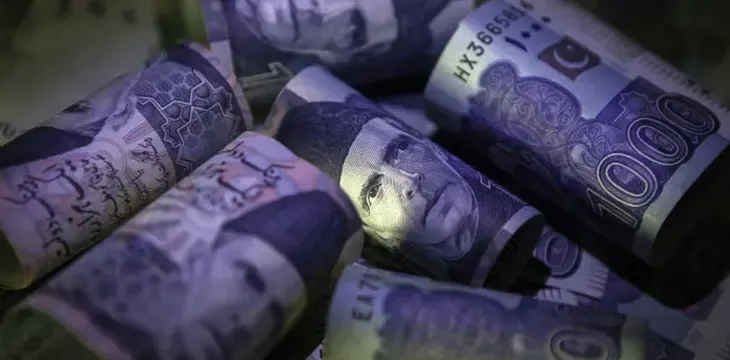|
Getting your Trinity Audio player ready...
|
A digital currency wave is spreading, and Pakistan doesn’t want to be left behind. The South Asian country intends to issue a state-backed digital currency by the year 2025. The deputy governor of the State Bank of Pakistan (SBP), Jameel Ahmad, said that the move would bring about financial inclusion in the country.
Ahmad also revealed that the new digital currency would help reduce inefficiencies in the country’s monetary system, as well as fight corruption. Moreover, the SBP will strive to stay on top of the ever-evolving digital space and would be fully digitized by 2030. Ahmad was speaking at the launching ceremony of regulations of Electronic Money Institutions (EMIs). The EMIs are non-bank entities that will be licensed by the SBP to process digital payments.
And according to the country’s Finance Minister, for this to become a reality, the country must invest heavily in cybersecurity.
Asad Umar asked the SBP to work with the Federal Investigation Agency to develop world-class cybersecurity measures. Even a single breach of the new digital system could cause irreparable loss of confidence to the banking system, he said.
Digital currencies are the future of Pakistan, Umar stated. He had been advising the country’s Prime Minister to implement a fully digital economy, he said. The SBP’s foray into digital currencies was a great way to kick that revolution off. This would “resolve different core issues, promote transparency and reduce dependence on human resources.”
The announcement by the SBP is just the latest in a country that has been warming up to digital currencies. Just yesterday, local outlet Express Tribune reported that the SBP was introducing regulations for cryptocurrencies. According to the report, the government had recognized the danger that unregulated use of crypto could cause, including being used for money laundering, tax evasion and financing terrorism.
Cryptos were included in the Electronic Money Institutions regulations. The regulations had been recommended by the Financial Actions Task Force, the report revealed. Citing people with inside knowledge, the report stated, “These regulations will help combat money laundering and terrorism financing while it will also help regulation of digital currency throughout the country.”
The new direction is certainly a welcome reprieve for the people of Pakistan, a country which has previously antagonized the crypto community. Just a month ago, local reports indicated that the country’s Federal Investigation Agency (FIA) had arrested a man for trading Bitcoin Core (BTC). FIA had also arrested two other suspects, both of whom were students, but later released them. The FIA’s Cyber Crime director said of the arrests:
“Bitcoin is a digital currency and it is not accepted by any central bank. It does not have a legal entity. People are getting to know about it through social media and investing in it.”

 07-15-2025
07-15-2025 





